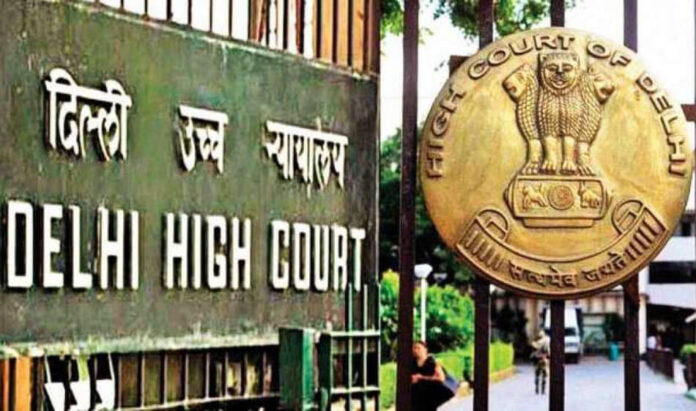The Delhi High Court recently underscored the vital role of compassion and sympathetic consideration in the assessment of claims for medical reimbursement. In a writ petition challenging the decision of the Central Administrative Tribunal (CAT), the court emphasized that authorities should exercise compassion, especially when dealing with reimbursement claims for medical expenses incurred by elderly individuals. The court reiterated that the right to health is intricately linked to the right to life, and caution must be exercised in rejecting bills for geriatric patients.
The case revolved around a man who sought reimbursement for the medical expenditure incurred during the treatment of his late mother at a non-empanelled hospital. The CAT had disposed of the application, prompting the petitioner to approach the Delhi High Court. The Division Bench, comprising Justice V. Kameswar Rao and Justice Anoop Kumar Mendiratta, articulated that authorities should adopt a compassionate approach to alleviate financial hardships, rather than aggravating the situation by rejecting or restricting claims.
The judges pointed out that even patients with critical symptoms at advanced stages may require conservative management, aligning with the advice of their treating physicians.
Following the demise of the petitioner’s father, a Railways employee, in 1995, the petitioner’s mother, a family pensioner, faced medical emergencies in 2012. She underwent surgery, leading to reimbursement claims of Rs. 3,21,574 and Rs. 1,75,814 for subsequent ICU admissions. Unfortunately, she passed away during further treatment, prompting the son to claim an additional Rs. 2,14,579. In total, he claimed reimbursement of Rs. 7,11,967/- incurred by him for the treatment of his mother in emergent condition. The Chief Medical Director approved only Rs. 45,643, rejecting the remaining Rs. 2,75,931. The rejection, based on a Railway Board circular, led the petitioner to the Central Administrative Tribunal, which disposed of the case. Subsequently, he appealed to the Delhi High Court seeking redress for the denied reimbursement claims.
The court, after careful consideration, found no logical reasons for restricting reimbursement, particularly in light of the emergent medical conditions. It criticized a hyper-technical approach, emphasizing the life-threatening implications of delays in such circumstances. The judgment concluded with a strong assertion that authorities are obligated to provide full reimbursement for emergency medical facilities, given the inherent connection between the right to health and the right to life.
In response to the petitioner’s prolonged struggle for reimbursement, the High Court allowed the petition and directed the respondents to reimburse the medical claims. Furthermore, the court mandated the reimbursement to include a 7% per annum simple interest, acknowledging the protracted nature of the petitioner’s legal battle. This decision reflects the court’s commitment to ensuring that individuals, especially in emergency situations, are not unduly burdened by financial hardships in accessing necessary medical care.


